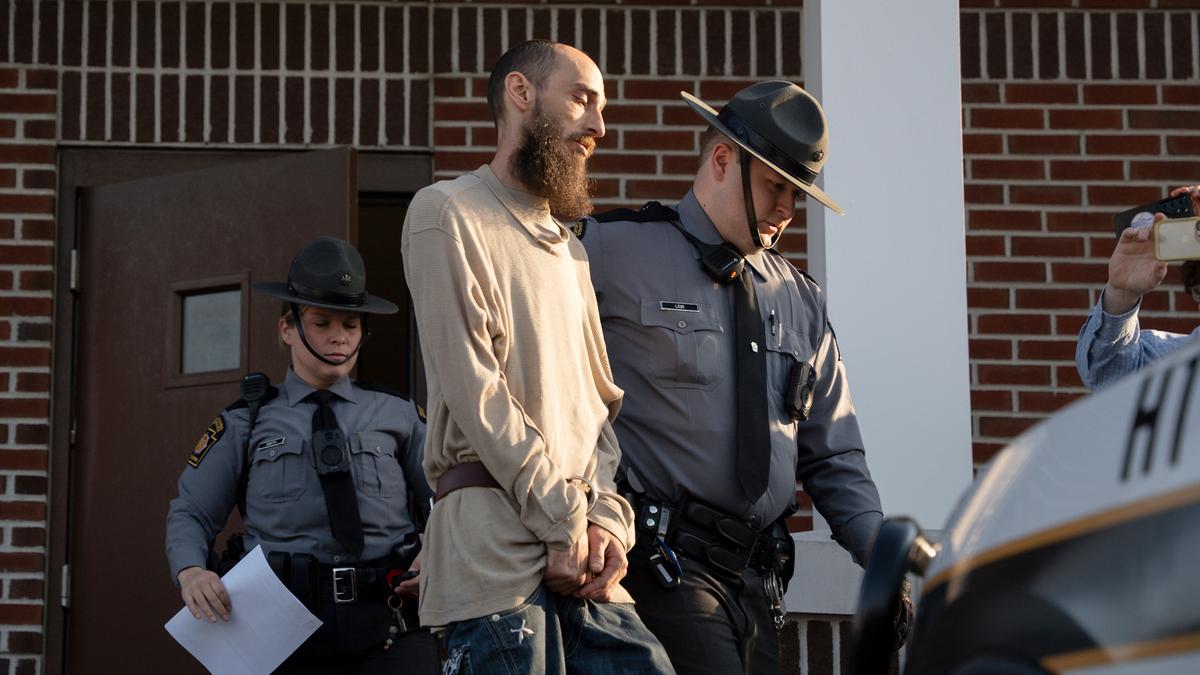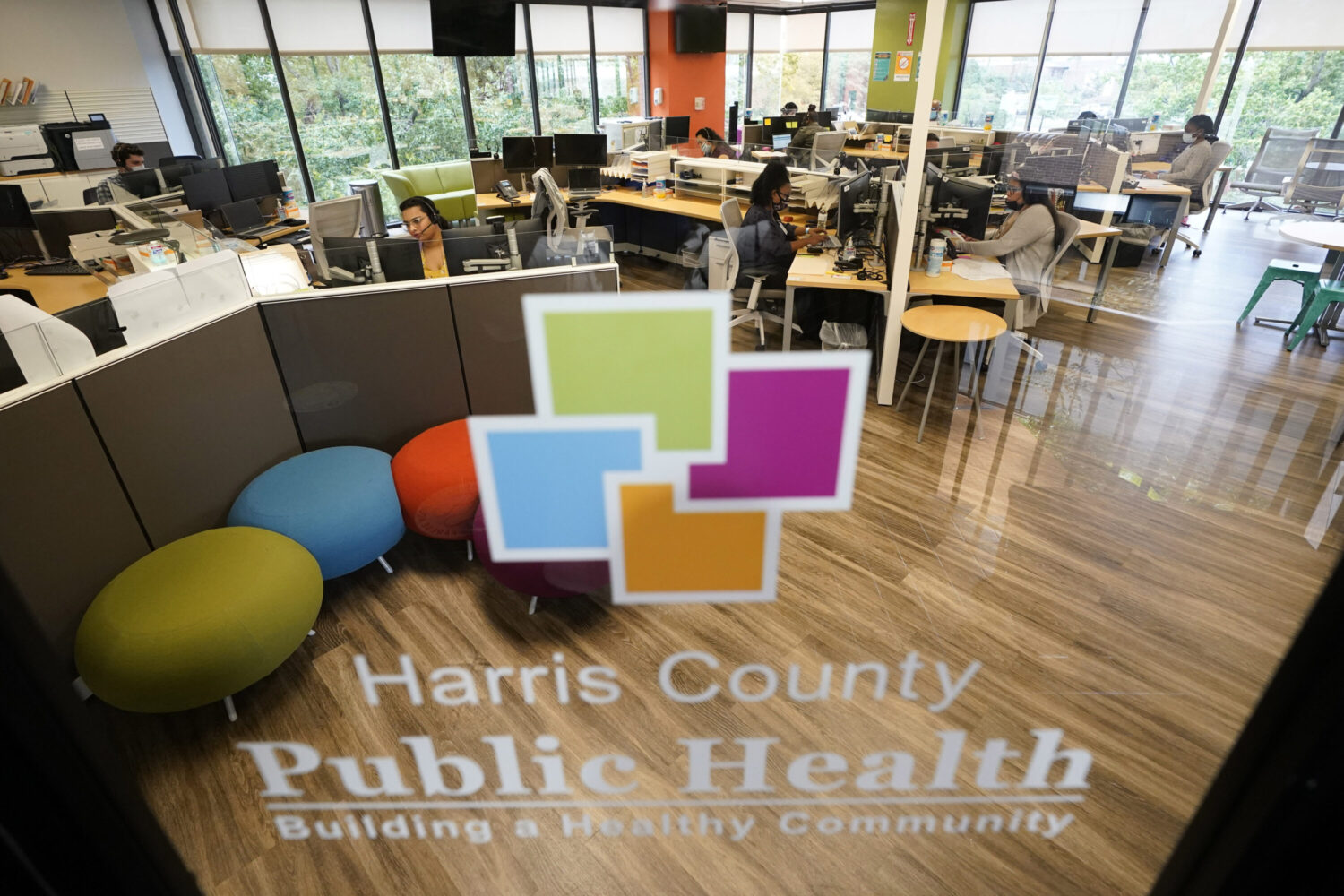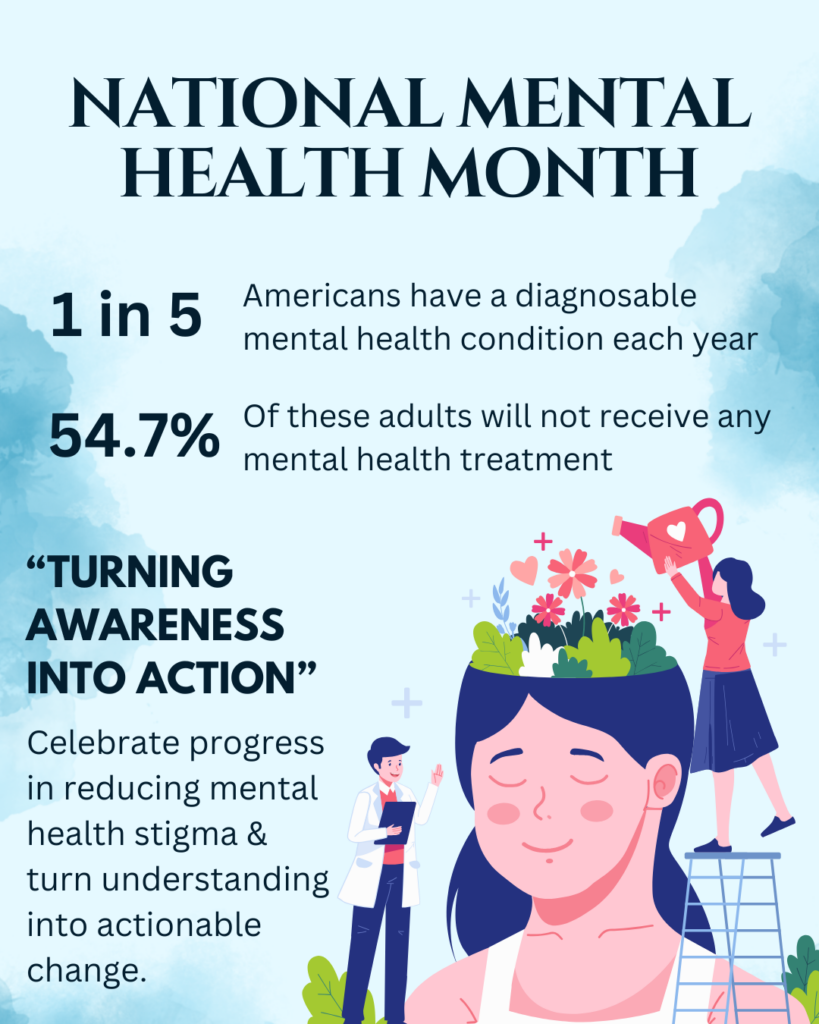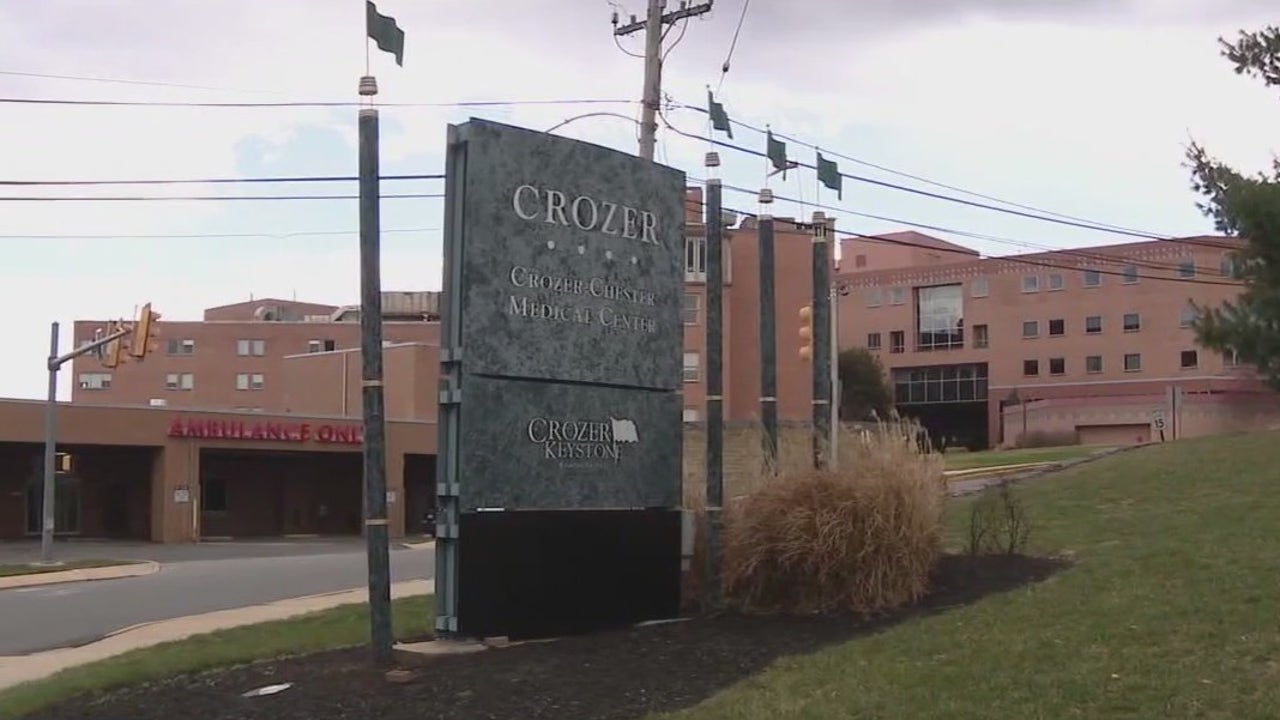Failed Intervention: How Mental Health Systems Missed the Warning Signs Before Shapiro Arson
Health
2025-04-22 08:00:00Content

When Mental Health Intervention Becomes a Delicate Balance
Involuntary commitment stands as a critical yet complex intervention in mental health care, designed to be used only when absolutely necessary. The process is intentionally rigorous, with high legal and ethical standards to protect individual rights while ensuring public safety.
However, the reality in many Pennsylvania counties reveals a stark challenge: a significant gap in comprehensive mental health services. This shortage creates a difficult dilemma for healthcare professionals and community leaders. Without robust alternative support systems, involuntary commitment often becomes the default—and sometimes only—option for individuals experiencing severe mental health crises.
The current landscape highlights a pressing need for a more holistic approach to mental health care. Expanding community-based services, increasing accessible counseling, and developing preventative support programs could help reduce the reliance on involuntary interventions. By investing in proactive mental health resources, communities can offer more compassionate and effective support for individuals struggling with mental health challenges.
As the conversation around mental health continues to evolve, finding the right balance between individual autonomy and necessary intervention remains a critical priority for policymakers, healthcare providers, and communities alike.
Mental Health Crisis: The Delicate Balance of Involuntary Commitment in Pennsylvania
In the complex landscape of mental health care, Pennsylvania faces a critical challenge that sits at the intersection of individual rights, public safety, and healthcare accessibility. The state's approach to involuntary commitment reveals a nuanced struggle between protecting vulnerable individuals and respecting personal autonomy, highlighting the intricate web of mental health services and legal interventions.When Care Becomes Controversial: Navigating Mental Health Interventions
The Legal Threshold of Involuntary Treatment
Involuntary commitment represents a profound legal and ethical crossroads in mental health care. Pennsylvania's framework establishes an intentionally high bar for removing an individual's personal freedom, recognizing the fundamental human right to self-determination. Mental health professionals must demonstrate clear, convincing evidence that an individual poses an immediate threat to themselves or others, a standard designed to prevent arbitrary or capricious interventions. The legal process involves multiple safeguards, including comprehensive psychological evaluations, judicial review, and strict procedural guidelines. Clinicians must prove that less restrictive alternatives have been exhausted and that involuntary commitment represents the most appropriate and least invasive intervention possible.The Systemic Challenges of Mental Health Infrastructure
Despite the rigorous standards, Pennsylvania's mental health landscape reveals significant structural vulnerabilities. Many counties struggle with chronic underfunding, limited mental health resources, and insufficient community-based support systems. This creates a paradoxical environment where involuntary commitment becomes not just a last resort, but sometimes the only available pathway for individuals experiencing severe mental health crises. Rural and economically disadvantaged regions face particularly acute challenges. The absence of comprehensive mental health services means that individuals often encounter barriers to accessing timely, appropriate care. Psychiatric emergency services, outpatient treatment programs, and community mental health centers remain critically understaffed and underfunded.Human Impact: Personal Stories of Intervention
Behind the statistical data and legal frameworks are deeply personal human experiences. Each involuntary commitment represents a complex narrative of individual struggle, familial concern, and systemic intervention. Mental health professionals must balance compassionate care with legal responsibilities, navigating emotionally charged situations that challenge traditional notions of personal autonomy. Families frequently find themselves caught in a challenging decision-making process, weighing the potential benefits of involuntary treatment against the potential psychological and social consequences of such an intervention. The stigma surrounding mental health treatment further complicates these already difficult conversations.Emerging Solutions and Policy Recommendations
Progressive mental health advocates are pushing for comprehensive reforms that address the root causes of mental health crises. These recommendations include increased funding for community-based mental health services, enhanced training for first responders, and more robust support systems that can intervene before situations escalate to requiring involuntary commitment. Technological innovations and telehealth platforms are also emerging as potential solutions, offering more accessible and flexible mental health support. By leveraging digital platforms, Pennsylvania could potentially reduce the frequency of involuntary commitments by providing earlier, more consistent intervention strategies.Ethical Considerations and Future Directions
The ongoing dialogue surrounding involuntary commitment demands continuous reevaluation of existing practices. Balancing individual rights with public safety requires nuanced, compassionate approaches that prioritize human dignity while ensuring community protection. As societal understanding of mental health continues to evolve, so too must the legal and medical frameworks that govern involuntary treatment. Pennsylvania stands at a critical juncture, with an opportunity to develop more holistic, humane approaches to mental health intervention.RELATED NEWS
Health

Health Crisis Looms: Harris County Battles Trump's $19M Funding Slash in Explosive Legal Showdown
2025-04-25 15:18:58
Health

Leadership Shake-Up: Inspira Health Unveils Fresh Faces on Foundation Board
2025-04-30 09:17:32
Health

Clean Air Triumph: How Regulations Breathed Life into America's Health and Wallet
2025-03-12 19:52:01





